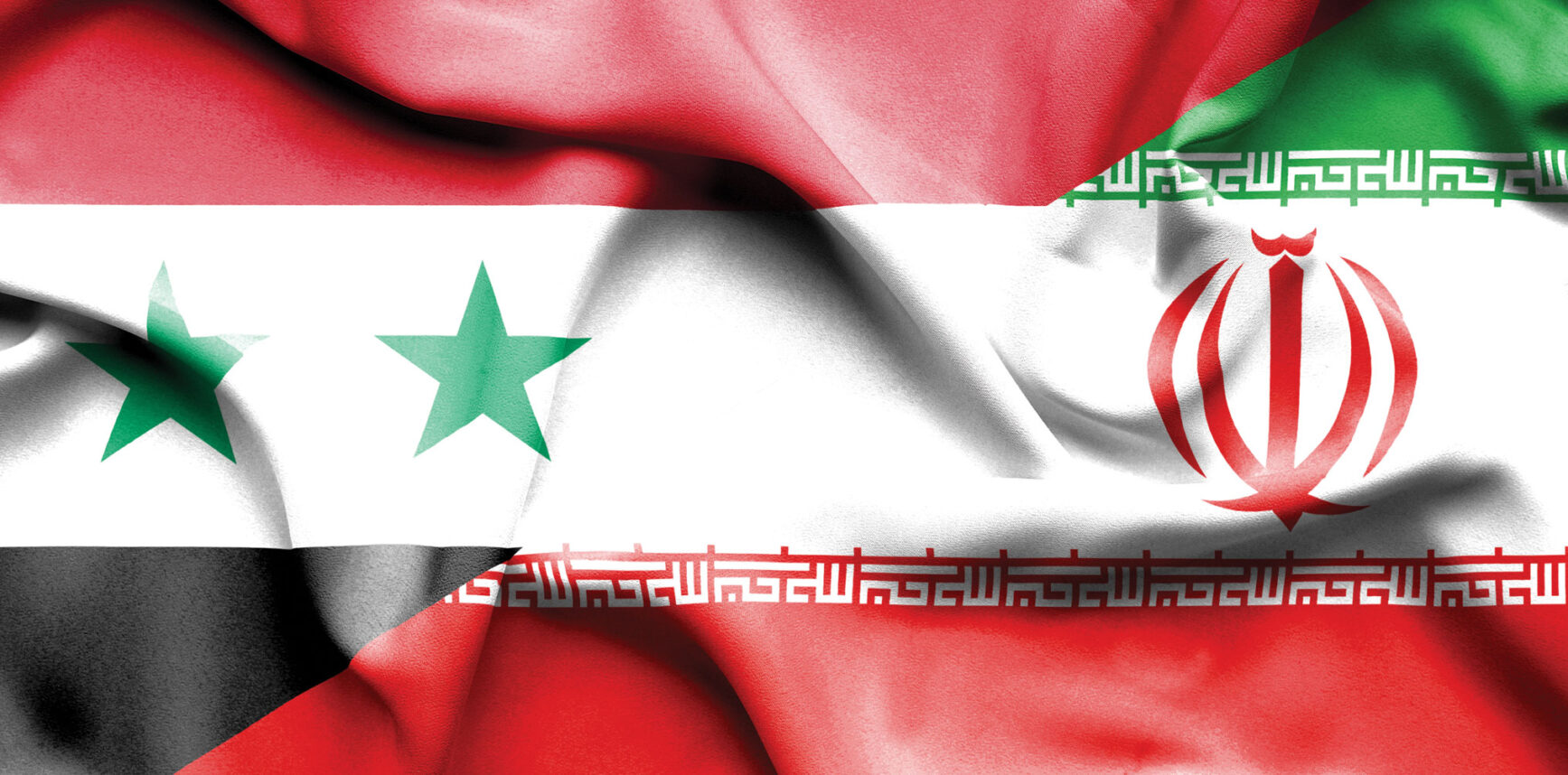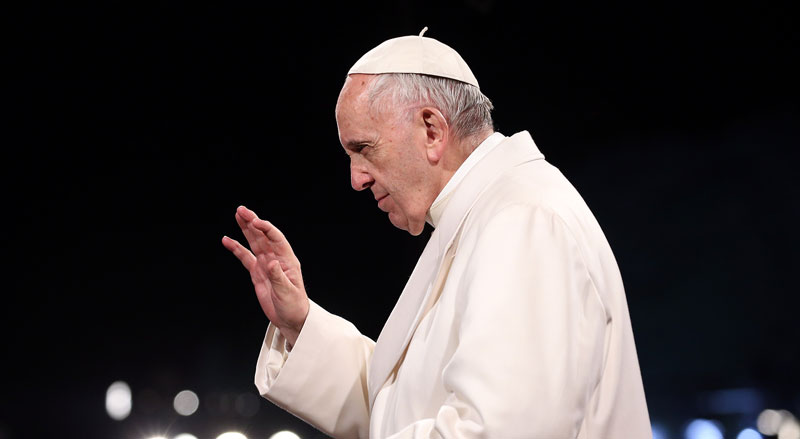For three months in 1984, Routhy Wonvimgen’s family walked from Ethiopia to Sudan in order to reach Israel. "They walked barefoot and had very little water or food," she said of her family’s part in Operation Moses, one of Israel’s efforts to help Ethiopian Jews.
"They walked by night and hid by day. My mother was pregnant and my grandfather died on the way," said Wonvimgen, who was born two months after her parents settled in Petah Tikvah.
Now 18, Wonvimgen’s was one of eight Israeli Ethiopian students who visited Los Angeles last month to share their experiences as immigrants and black Jews with students at several Los Angeles Unified School District high schools. Now in its 10th year, the Anti-Defamation League’s (ADL) Children of the Dream program brings the Jewish students to 13 cities around the United States.
"This program helps dispel all these stereotypes that you have about Israel," said Bette Weinberg, ADL’s director of youth programs. "Everyone’s image of ‘Jewish’ is Eastern European. This breaks that barrier and engages the non-Jewish community in learning about the people of Israel. Often, all they hear about is the politics about Israel." In addition, she said, it helps the Israeli students reconnect with their Ethiopian heritage. "There’s a rich Jewish history in Ethiopia that we don’t want to lose," Weinberg said.
The students spent time at nine high schools, including Jordan, Kennedy, Bravo, Fairfax, Hamilton, Los Angeles Center for Enriched Studies, Narbonne, Downtown Business Magnet and Dorsey.
Like most of her fellow travelers, Wonvimgen couldn’t help but notice how surprised Americans were upon learning that she was both black and Jewish. "In Israel, everyone is interested in our being Jewish, but not [our] color. Here in Los Angeles, blacks and Jews are thought of very separately," she said.
Nevertheless, Los Angeles-area students found common bonds with their Israeli counterparts. "One African American boy said, ‘I never knew I had Jewish brothers and sisters,’" Weinberg recounted. "Also, some of the Asian students came from Vietnam. The struggles and loss in their immigration stories isn’t all that different from [that of] the Ethiopian kids."
Donald Singleton, a government teacher at Dorsey High School in South Los Angeles, hosted the student visitors in some of his classes. "The Ethiopians had questions about the violence in South Central Los Angeles and my students asked them about violence in Israel," Singleton said. Both sets of teens were united in that each knew about the violence in their respective areas, but weren’t personally affected. Singleton also noted that his students dispelled myths about American teenagers. "The Ethiopian kids were surprised about the type of discussions we are having," Singleton said. "They thought [the conversations] were very enlightening. They realized our students are very astute about government and politics and weren’t focused on drugs and sex."
Judy Weinstock, a mother of four who has hosted Children of the Dream participants since 1994, believes the program is important for Jews, as well as the non-Jewish population. "If you’re involved in the Jewish community, you tend to think Jews are one type, one color and one language — and they’re not," said the L.A. resident.
The Israeli students will be visited by some of their new friends this spring; the ADL will choose nine American teens of different ethnicities to travel to Israel. If the group is unable to travel to Israel, they will learn about the multiethnic history of the United States by visiting Washington, D.C.
A few nights before leaving Los Angeles, 17-year-old Shoshana Dessay reflected on her time in the United States. "The best part was visiting the schools and the fact that we meet a lot of different people and broke the stereotypes about black and Jewish people," said the Beersheba teen. "That makes me feel good."






















 More news and opinions than at a Shabbat dinner, right in your inbox.
More news and opinions than at a Shabbat dinner, right in your inbox.